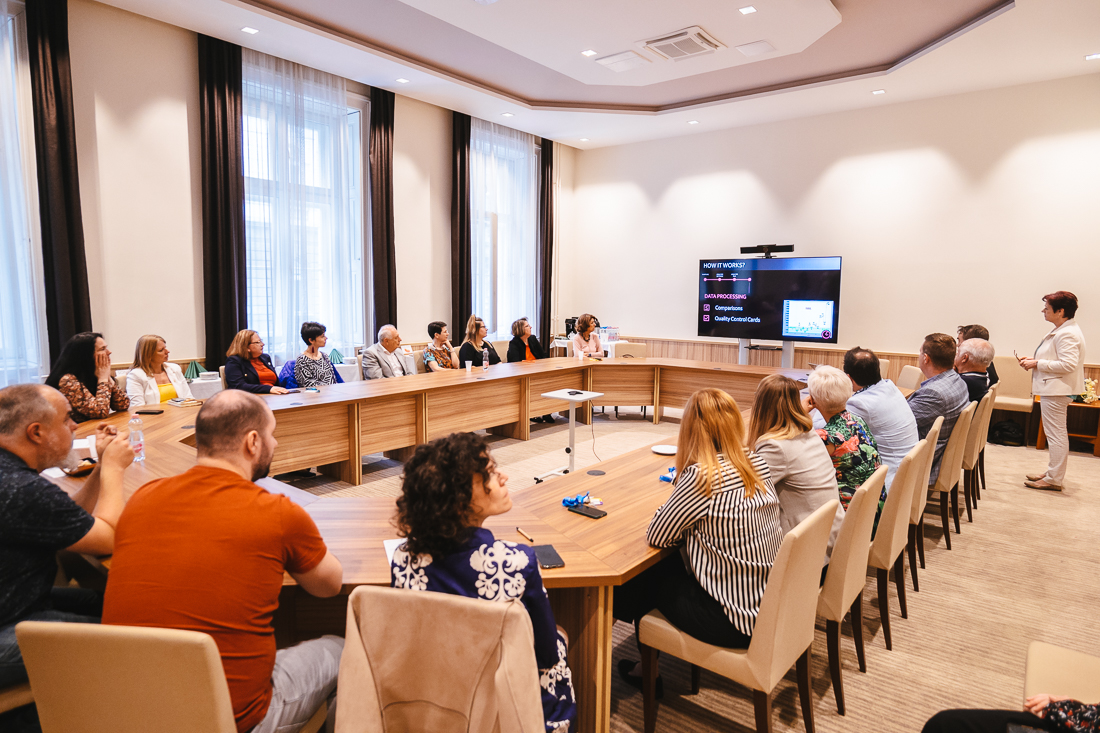An electronic eye, an electronic nose and several types of eye cameras have been installed in the newly established Sensory Laboratory (inaugurated on 23 May 2024) of the Department of Hospitality of the Faculty of Commerce, Hospitality and Tourism at Budapest Business University (BBU FCHT) and in the new section of the Research Laboratory, which is equipped with the state-of-the-art measurement instruments.
The two new units will employ professional technologies related to one of the most intensively developing scientific fields, neurogastronomy, to test different dishes, food and beverages. The Sensory Laboratory provides a comfortable and professional environment for sensory testing.
BBU, Hungary's largest business training institution, inaugurated the newly built Sensory Laboratory and the new section of the Research Laboratory equipped with the latest measurement instruments at the Department of Hospitality on 23 May 2024. The two new units form an integral part of the Research Laboratory of the BBU FCHT, established in 2016, where dishes, food and beverages can be tested by utilising professional technologies such as the electronic eye, which is exclusively used at BBU in Hungary. Besides, the new Sensory Laboratory, being designed according to scientific standards, allows for the examination of the properties of food and beverages as perceived by the human senses.
The acquisition of new research instruments of the Sensory Laboratory – the IRIS electronic eye, the electronic nose, and the Tobii eye camera - was funded by the RRF-2.1.2-21-2022-00031 “Digital Development and Educational Innovation at the Budapest Business University” with nearly HUF 85 million.
